
It is estimated that some 30% of airline engines worldwide are analysed using PA’s current-generation technologies to detect fan blade defects
A team from the Faculty of Science and Technology, led Professor Siamak Noroozi and Dr Richard Gunstone, have successfully obtained a Grant Offer Letter (GOL) for a high-impact KTP working with Precision Acoustics Limited (Dorset).
In this blog post we discuss some of the background to this KTP, and objectives.
Precision Acoustics (PA) manufactures acoustic measurement products for the medical and Non Destructive Testing (NDT) industries and is well established as a major supplier of equipment for the (MHz) ultrasound markets world-wide. PA has a close working relationship with the National Physical Laboratory, London, and academic establishments across the UK to further R&D.
The company’s core products are acoustics measuring devices. The company already has a significant share of the world market in this area, and is now embarking on innovative industrial NDT systems working on a number of precursor projects including with Rolls Royce. The longer term objective can only be achieved if PA introduces a software capability able to devise, maintain and develop a development process that has the expected attributes of resilience, performance and integrity, supporting product deployment. This is the principal focus for the KTP, capitalising on the capability in systems design, software, and assurance within BU.
The diagnostic systems work at PA are being developed and used in numerous applications, including malaria detection. It is estimated that some 30% of commercial airliners globally use the technologies developed by PAL for analysing defects in engine fan blades, for example. Due to the inherent nature of NDT systems and the potential application areas, these application areas are likely to have societal relevance and high-impact.
A great deal of effort has been spent in designing the project to be flexible and comprehensive. This has been made possible by the capable contribution of Norman Stock, the Faculty Business Relations Officer. He has worked closely with the academic staff and also the company to present a suitable proposal to Innovate UK, who are part-funding the collaboration.
In terms of project design, the KTP incorporates the new “KTP laydown” of an integrated MRes opportunity for the Associate, combined with expectations of research activity leading to co-authored papers. This provides a route for knowledge transfer of expertise from the university to the company, in a way that delivers advantages for all stakeholders.
We look forward to providing further reports on our collaboration with PA as time progresses.
In terms of advice for others considering KTP funding, Richard highlights a few relevant points:
“Engage early with the Business Relations Officer for your Faculty. Make sure deadlines are adhered to, including submission windows with Innovate UK. Finally, clarify the project plan as early as possible, including what is achievable in the project timescale – scoping is key”

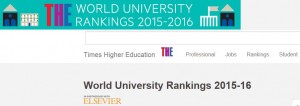
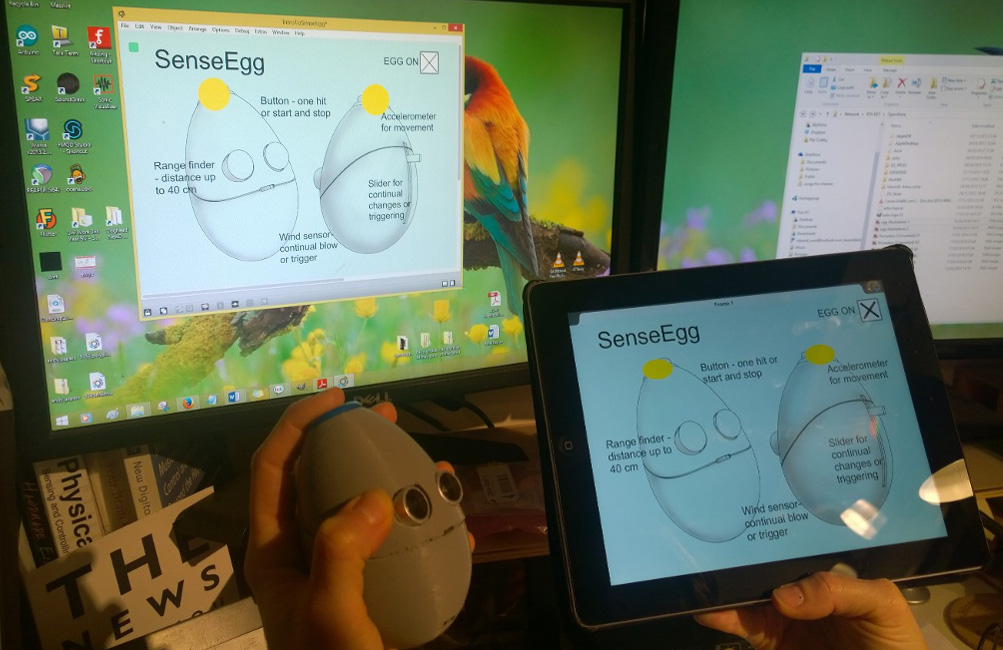

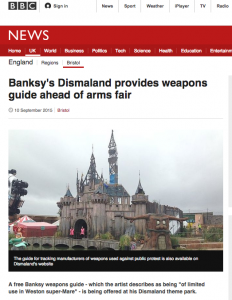 Everyday, around the world, law enforcement officers use tear gas, stun grenades, rubber bullets and other riot control weapons on civilians. While these devices are marketed as safe and humane ‘less lethal’ weapons, they regularly cause injuries and even deaths.
Everyday, around the world, law enforcement officers use tear gas, stun grenades, rubber bullets and other riot control weapons on civilians. While these devices are marketed as safe and humane ‘less lethal’ weapons, they regularly cause injuries and even deaths.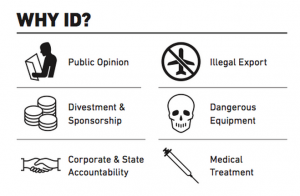 riot control weapons is largely predicated on their appropriate use, following strict, clinically trailed guidelines. Last week marked the 25th anniversary of the
riot control weapons is largely predicated on their appropriate use, following strict, clinically trailed guidelines. Last week marked the 25th anniversary of the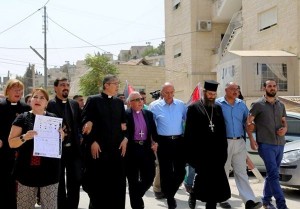 abuses, and identify the manufacturer and country of origin of these devices. It aims to help close the gap between how police are advised to use these weapons and how they are used in reality in ways that cause danger to civilians.
abuses, and identify the manufacturer and country of origin of these devices. It aims to help close the gap between how police are advised to use these weapons and how they are used in reality in ways that cause danger to civilians.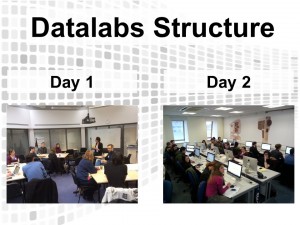
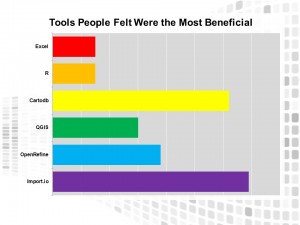 Feedback from our survey of Datalabs participants showed that most people’s familiarity with the tools and concepts taught during the workshops increased substantially, with most participants leaving the workshops feeling ‘familiar’ or ‘experienced’ with the basic tools and techniques of Data Storytelling.
Feedback from our survey of Datalabs participants showed that most people’s familiarity with the tools and concepts taught during the workshops increased substantially, with most participants leaving the workshops feeling ‘familiar’ or ‘experienced’ with the basic tools and techniques of Data Storytelling.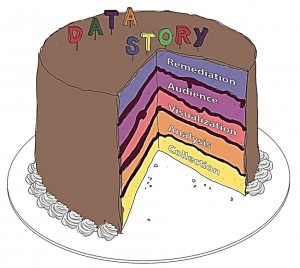



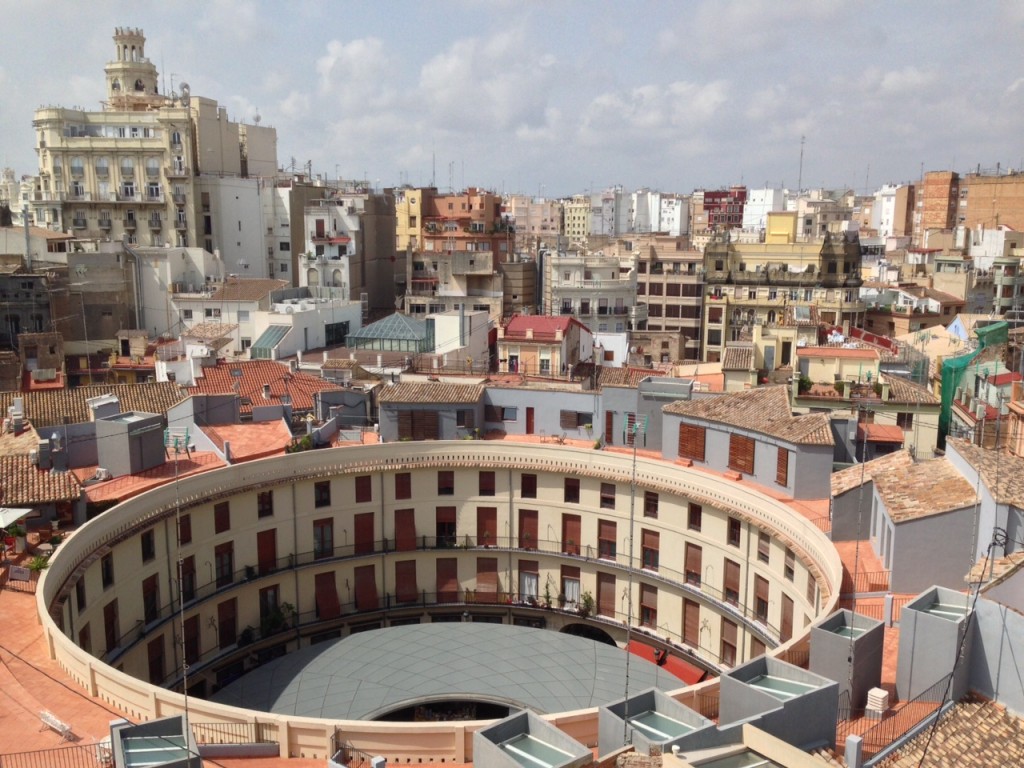
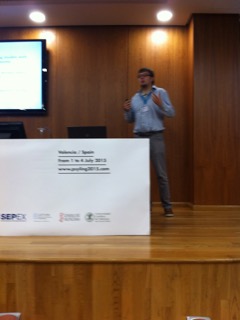
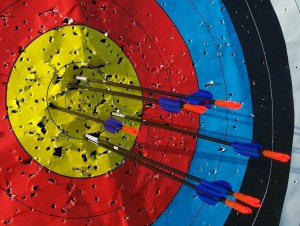












 SPROUT: From Sustainable Research to Sustainable Research Lives
SPROUT: From Sustainable Research to Sustainable Research Lives BRIAN upgrade and new look
BRIAN upgrade and new look Seeing the fruits of your labour in Bangladesh
Seeing the fruits of your labour in Bangladesh Exploring Embodied Research: Body Map Storytelling Workshop & Research Seminar
Exploring Embodied Research: Body Map Storytelling Workshop & Research Seminar Marking a Milestone: The Swash Channel Wreck Book Launch
Marking a Milestone: The Swash Channel Wreck Book Launch ECR Funding Open Call: Research Culture & Community Grant – Application Deadline Friday 12 December
ECR Funding Open Call: Research Culture & Community Grant – Application Deadline Friday 12 December MSCA Postdoctoral Fellowships 2025 Call
MSCA Postdoctoral Fellowships 2025 Call ERC Advanced Grant 2025 Webinar
ERC Advanced Grant 2025 Webinar Update on UKRO services
Update on UKRO services European research project exploring use of ‘virtual twins’ to better manage metabolic associated fatty liver disease
European research project exploring use of ‘virtual twins’ to better manage metabolic associated fatty liver disease